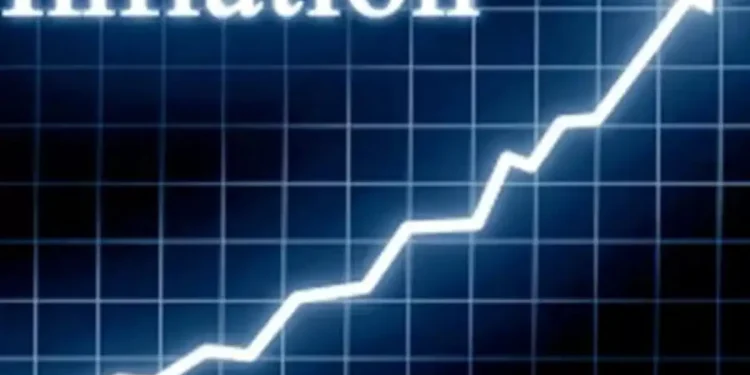Britain’s annual inflation rate jumped more than expected in April, driven largely by sharp increases in energy and water bills, according to official data released Wednesday by the Office for National Statistics (ONS).
The Consumer Prices Index (CPI) rose to 3.5%, up from 2.6% in March, exceeding analysts’ forecast of 3.3% and marking the highest level since early 2024.
“Significant increases in household bills caused inflation to climb steeply,” said Grant Fitzner, acting director general of the ONS.
“Gas and electricity bills rose compared with sharp falls at the same time last year. Water and sewerage bills also rose strongly, as did vehicle excise duty.”
The spike comes after UK regulators allowed private utility companies to hike prices from April, citing rising global energy costs and the financial pressures facing indebted water companies.
Finance Minister Rachel Reeves expressed concern over the new data, acknowledging the continued strain on British households.
“I am disappointed with these figures because I know the cost-of-living pressures are still weighing down on working people,” she said in a statement.
Despite the current surge, analysts predict that energy bills may ease from July, following recent declines in global oil prices, attributed in part to US President Donald Trump’s tariffs blitz, which has triggered volatility in international markets.
The higher-than-expected inflation rate may influence future decisions by the Bank of England, which is under pressure to balance interest rate policy with consumer hardship amid persistent cost-of-living concerns.















